School social workers are licensed as well as certified pupil personal providers with unique and diverse skills. School social workers who are licensed as a Clinical Social Worker can diagnose mental, emotional, behavioral, addictive and developmental disorders and disabilities.
A sampling of the scope of school social work practice includes:
- Identifying biological, medical, psychological, cultural, sociological, emotional, legal, economic, and environmental factors that impact student learning.
- Implementing appropriate trauma informed school intervention and prevention programs in response to demonstrated needs, which may include but not be limited to:
- crisis intervention,
- conflict resolution,
- violence prevention,
- substance abuse prevention,
- child abuse prevention,
- positive self-image,
- social skills and character education,
- consultation,
- individual, group and/or family counseling.
- Offering classroom management strategies and professional development programs to teachers to enhance their knowledge of social/emotional and behavioral needs to generate positive results in academics.
- Forming collaborative relationships with community agencies and practitioners to address needs of student learners.
- Conducting assessments, educational planning and transition services.
- Understanding theories of normal and exceptional development in early childhood, latency, adolescence, and early adulthood and their application to all students.
- Administering and interpreting tests and measures of psycho-social functioning, developing and implementing appropriate assessment based treatment plans, provide behavior therapy and psychotherapy as qualified.
- Utilizing family strengths and structures, to enable families to function for their children’s education and well-being.
- Incorporating diversity issues to plan for the unique educational needs of culturally and linguistically diverse populations.
- Providing resources and information on community services/agencies and making referrals to appropriate agencies.



